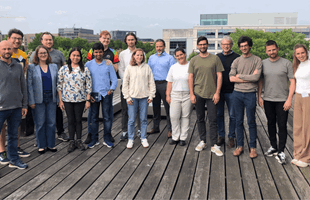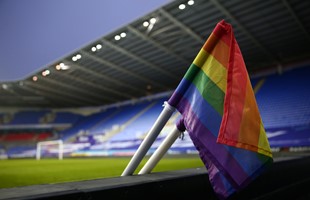Protecting human rights in sport: is the Court of Arbitration for Sport up to the task? A review of the decision in Semenya v IAAf
Abstract
In light of observed deficiencies in democratic accountability of SGBs (Freeburn, Regulating international sport, power, authority and legitimacy, 2018; Freeburn, SSRN Electron J, 2020; Geeraert, Sports Governance Observer 2015, 2015) and limitations of other forms of accountability, this article argues that there is a need for robust legal scrutiny of the decisions of SGBs when it comes to potential human rights infringements. However, the governing structures of many sports, the typically insular mechanisms of dispute resolution and the lack of ‘reach’ of human rights instruments combine to create an environment where avenues to seek redress for perceived human rights interferences by SGBs are limited. As human rights concerns proliferate in sport, the Court of Arbitration for Sport (CAS), as the current de facto ‘supreme court’ for sport, is likely to have an increasingly important role to play in considering, determining and framing human rights norms in a sporting context. Yet, it has been suggested that the CAS, as currently constituted, is ill equipped to play such a role (Krech, Int Sports Law Rev 3:66–76, 2019; Heerdt, The court of arbitration for sport: where do human rights stand?, 2019; Ruggie, FIFA and human rights, 2016). This article considers the recent litigation in Semenya v IAAF as a paradigmatic example of sporting self-regulation and potential interference with substantive human rights and evaluates whether the CAS’s approach reflects such concerns. In doing so, the article considers whether the ‘intensity of the review’ (Rivers, Cambridge Law J 65:174–207, 2006) of the IAAFs justifications for discrimination undertaken in Semenya was sufficient. It is argued that the Semenya litigation raises important wider concerns about a possible lacuna in accountability for SGBs with regard to decisions that result in human rights infringements.



